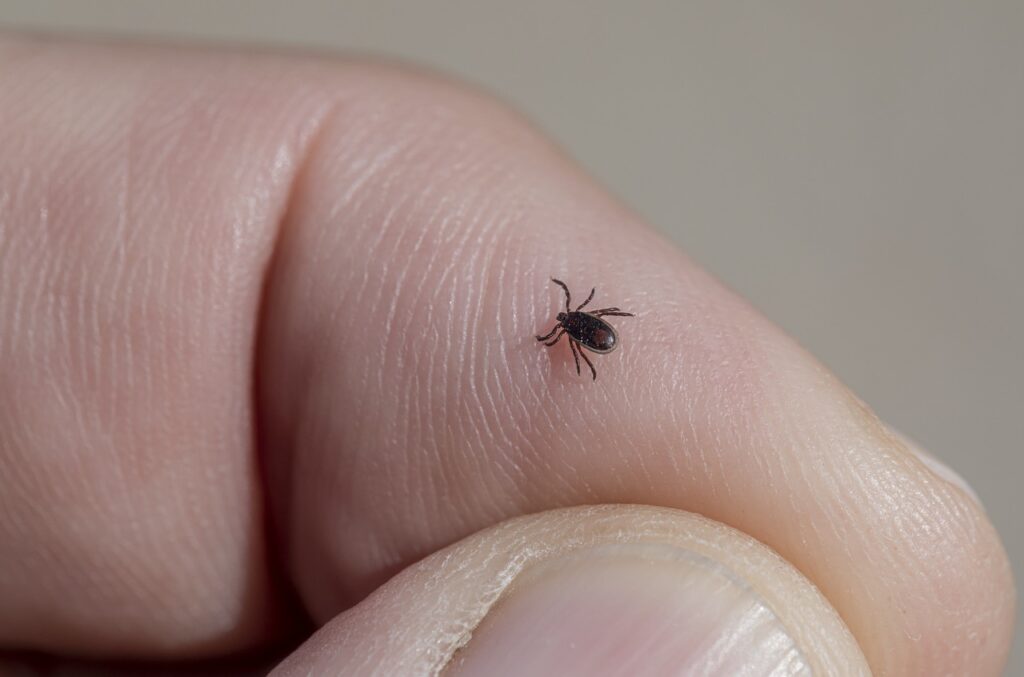
Public health officials have identified a new area in Chatham-Kent where it is likely to encounter disease-carrying ticks.
Public Health Ontario recently confirmed an established risk area for blacklegged ticks, which is centralized in a wooded lot northeast of Thamesville. The risk area covers a 20 km radius and extends out to include Bothwell, Dresden, Highgate, Kent Bridge, Ridgetown, and Thamesville.
The new risk area was identified following active tick surveillance activities conducted by staff in the spring and fall of 2023.
There are also two other existing risk areas in Chatham-Kent including one centralized in Rondeau Provincial Park that includes the communities of Blenheim, Erieau, and Ridgetown. The other area is centralized in Point Pelee National Park and includes Wheatley.
While blacklegged ticks are known to carry Lyme disease, they can also carry Anaplasmosis, Babesiosis, and Powassan virus.
Dr. Shanker Nesathurai, Chatham-Kent’s medical officer of health, said ticks are active in the spring, summer, fall, and even during mild winters. He said warmer weather in recent years has made ticks more prevalent in the region.
“Ticks live in grassy wooded areas. They need the right temperature, the right moisture, the right vegetation and so we’re seeing more blacklegged ticks,” he said. “What has changed is that the temperatures have gotten warmer. I think it’s indisputable that the habitat for the blacklegged tick has become more hospitable in southern Ontario.”
Dr. Nesathurai said residents should always take action to protect themselves and their families to avoid tick bites.
“There are things that people can do at an individual level to minimize getting tick-borne illness,” he said. “Among them is to wear long pants, long sleeve shirts, use insecticide and when you go to a high-risk area, take stock when you come indoors if you have ticks.”
For more information on how to protect yourself from tick-borne illness, visit the Chatham-Kent Public Health website by clicking here.




